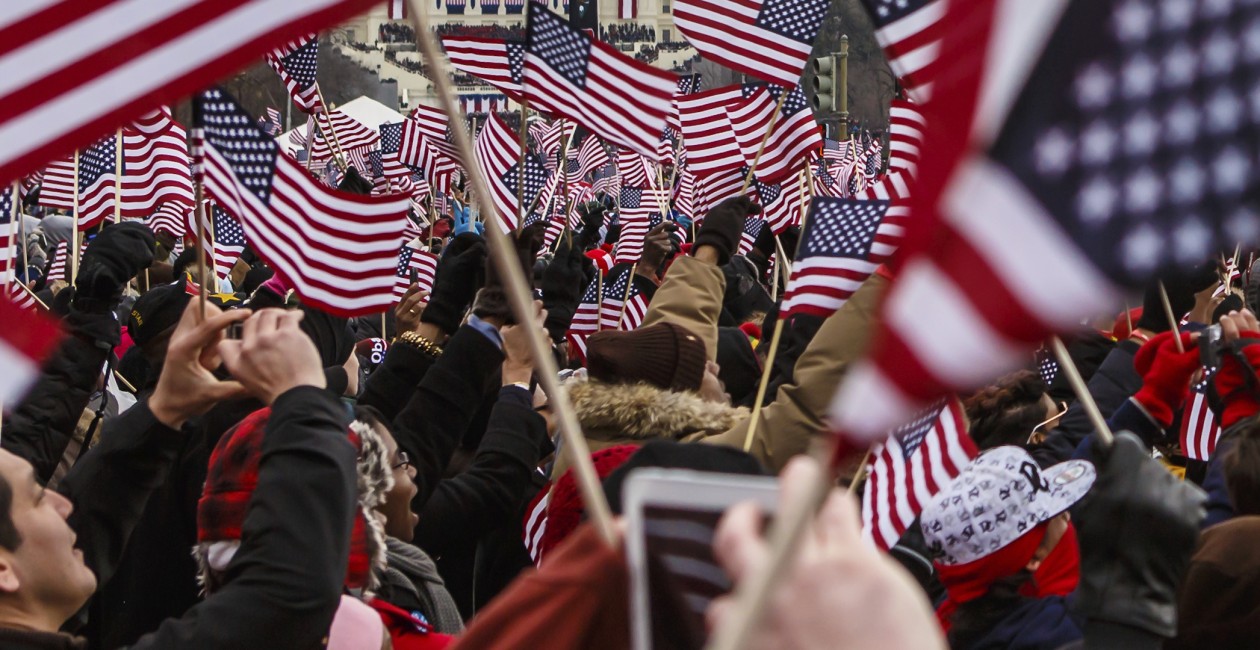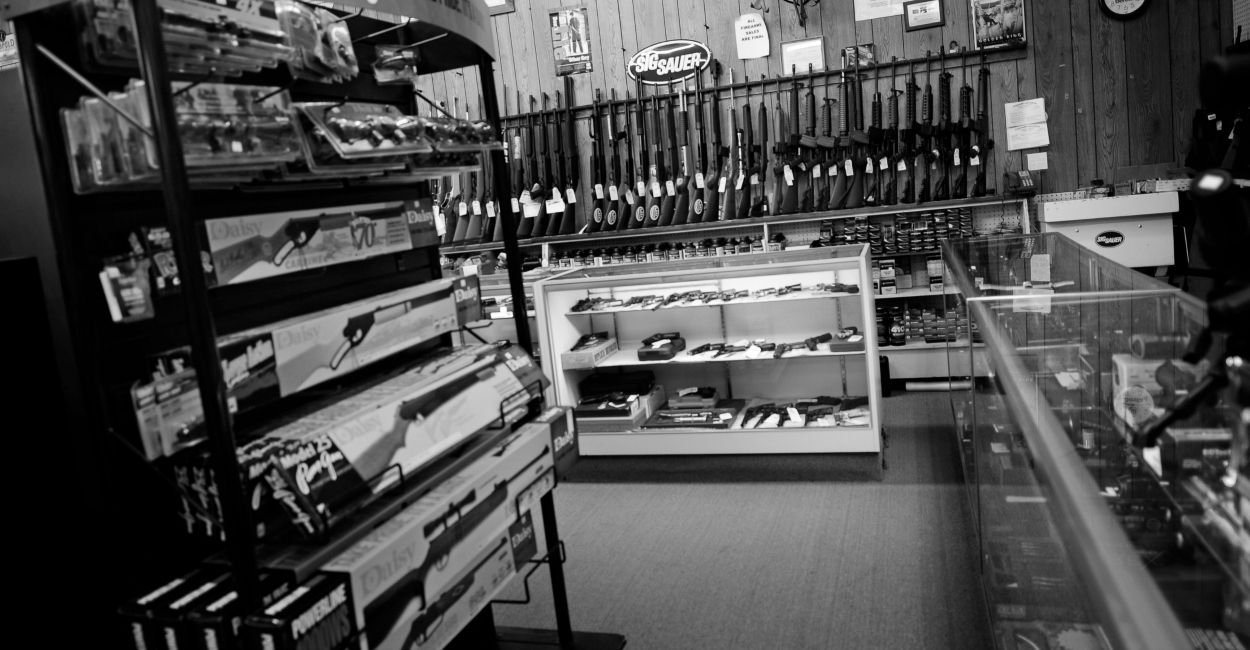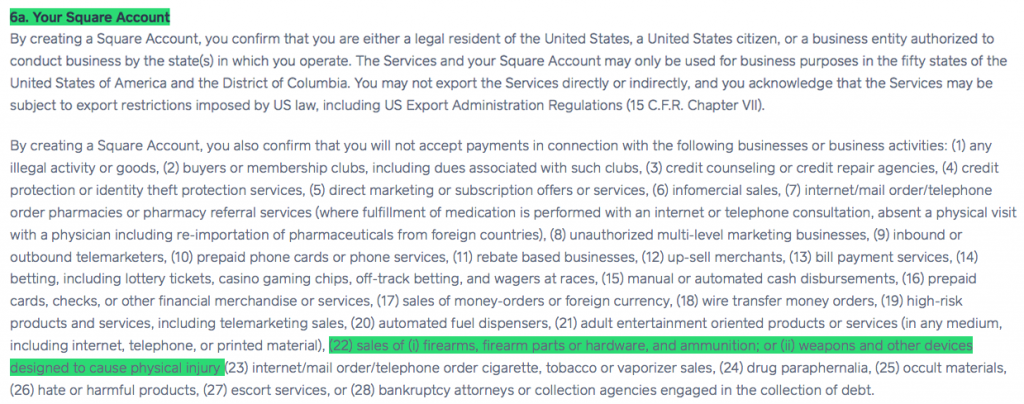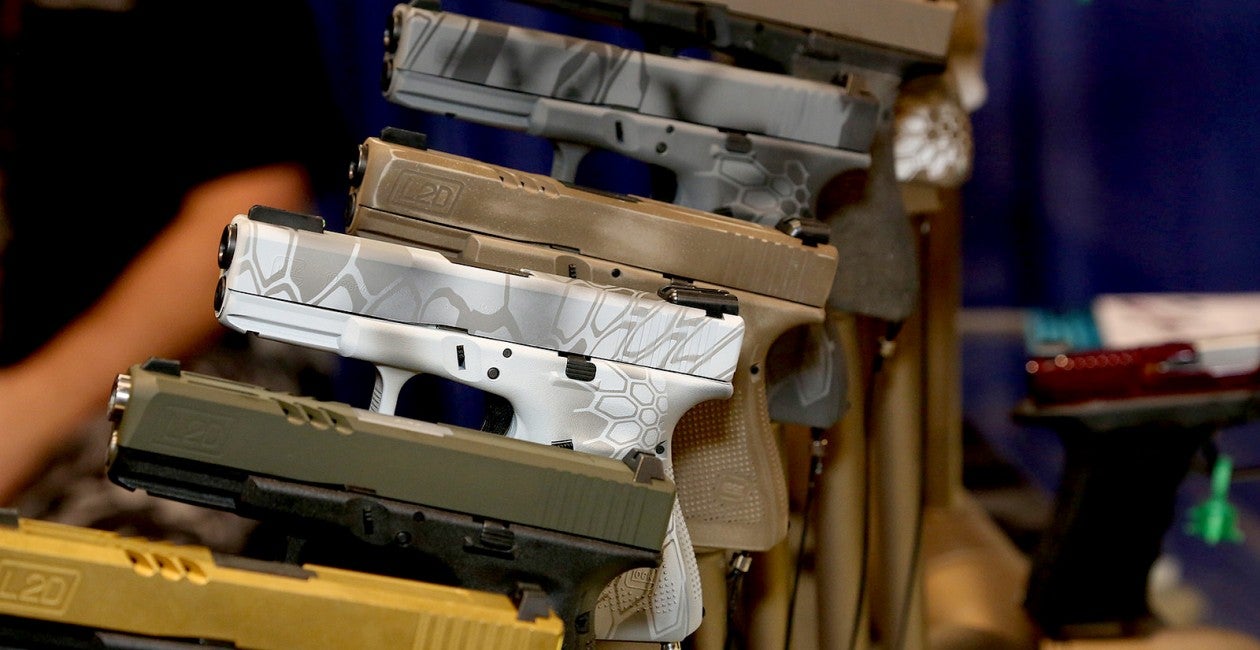Who is AG designate
Loretta Lynch ?
Curious circumstances....
They have started investigating Loretta Lynch, Obama’s pick for Attorney-General, and immediately they could see an interesting and unnerving connection.
They have started investigating Loretta Lynch, Obama’s pick for Attorney-General, and immediately they could see an interesting and unnerving connection.
It appears that when Loretta Lynch started Harvard, she co-founded an African-American only sorority. There was only one other girl in this sorority, Sharon Malone. The name rings a bell...
The name of the wife of the current, corrupt AG, Eric Holder, is Sharon Malone; and she is the sister of a known civil rights activist leader Vivien Malone –Jones (one of 2 black students who enrolled in the all white University of Alabama).
They checked the age: both were born in 1959 and both went to Harvard at the same time. There were very few African-American students in Harvard in 1977-1981, so it is rather certain that Loretta Lynch is an old college friend of Sharon Malone, the wife of the current AG, Eric Holder !
The name of the wife of the current, corrupt AG, Eric Holder, is Sharon Malone; and she is the sister of a known civil rights activist leader Vivien Malone –Jones (one of 2 black students who enrolled in the all white University of Alabama).
They checked the age: both were born in 1959 and both went to Harvard at the same time. There were very few African-American students in Harvard in 1977-1981, so it is rather certain that Loretta Lynch is an old college friend of Sharon Malone, the wife of the current AG, Eric Holder !
Why is this connection important?
Holder will inevitably be investigated by Congress for totally lawless gun-trafficking to Mexican drug cartels in Fast and Furious, the IRS scandal, the VA scandal, the DOJ, NSA, EPA, FEC and other scandals. Most importantly, AG Holder covered up Obama’s use of a stolen CT Social Security number (Harrison J. Bounel 042-68-4425) and Obama’s use of several different bogus IDs.
It seems that a long time college friend of Holder’s wife was picked up as a gate-keeper by Obama to continue all of the cover up actions by Holder and, MOST IMPORTANTLY, to shield Holder and Obama from criminal prosecution.
Remember -- Loretta Lynch, Obama’s pick for Attorney-General






















